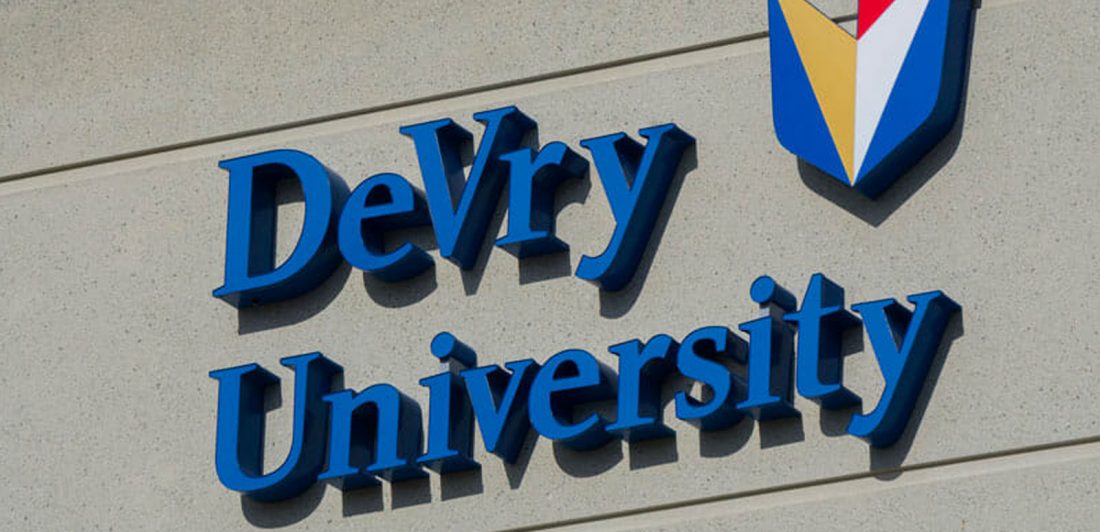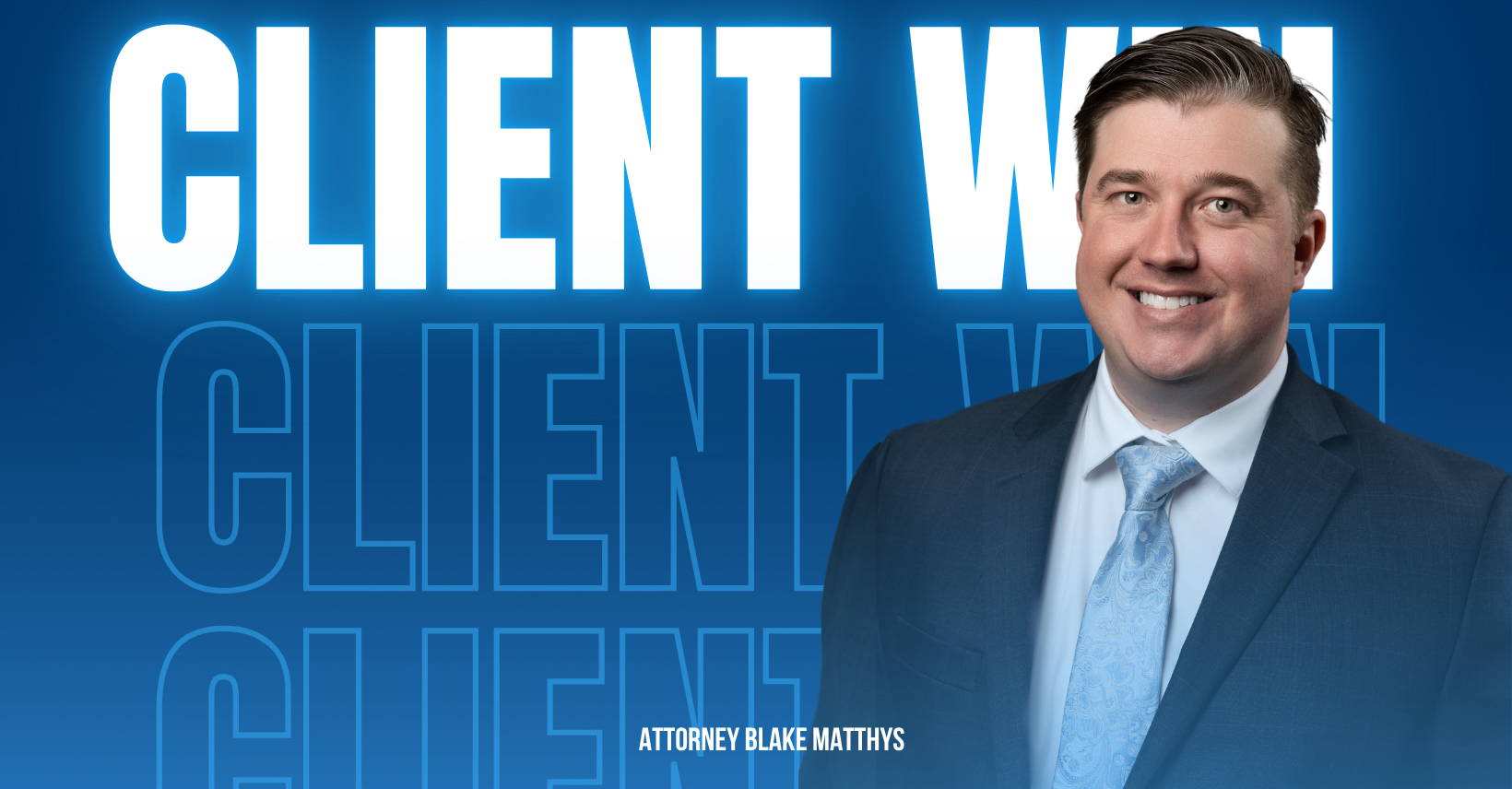In April 2019, the Federal Trade Commission (FTC) announced that it was mailing a second round of checks to eligible DeVry University students. These checks are from the same 2016 settlement that yielded a $100 million settlement with $49.4 million going toward defrauded students. The checks being mailed are in no way tied to The Carlson Law Firm’s lawsuit against DeVry. Accepting these funds will in no way affect claims filed against the for-profit college.
Why am I receiving a second check from the FTC DeVry Settlement?
If you received a check in the summer of 2017, you will likely qualify for the second round of refunds. You are receiving another check because there is about $9.4 million left in the fund. That money is owed to former DeVry students.
Is this check safe to cash or deposit?
Yes. First, accepting these funds does not in any way affect your ability to file or pursue your case against DeVry University. Upon receiving a check, it is a good idea to keep a copy of the check for your records.
Second, these checks are from the agreed-upon settlement between DeVry University and the FTC. If you received a check in the mail, it is safe to cash and deposit immediately. However, we must make it clear, the FTC will not ask you to pay money for your claim or to receive your portion of the settlement.
How much money am I getting back from the FTC Settlement?
The second round of checks that former DeVry students have—or will receive by mail in the coming weeks, averages around $74.
The first round of checks was mailed in July 2017 after DeVry University agreed to the settlement with the FTC. Those checks averaged around $280. The minuscule amounts defrauded students are receiving compared to their massive amount of debt is why The Carlson Law Firm is pursuing a lawsuit on behalf of these students against DeVry.
Why am I not getting all of my money back or private and federal loans dismissed?
While the FTC’s settlement netted students a combined $49-million refund, this is simply part of penalty the company has to pay for its deceptive acts. Further, this number was divvied up between more than 128,000 “qualifying” students who were harmed by the advertising.
Further, there was no claims process with the FTC. The agency identified graduates based on DeVry records and automatically mailed refund checks.
I’m a former DeVry student, but I’m unfamiliar with the settlement and lawsuit. What’s going on?
Students enrolled in a bachelor’s or associate’s degree program at DeVry University between January 1, 2008, and October 1, 2015, are entitled to some form of compensation from DeVry University for its deceptive marketing practices in the 2000s.
In 2015, the Department of Education began an investigation into the for-profit college’s advertising claims. The department found that the business made false claims in both English and Spanish media, particularly aimed at minority populations.
DeVry’s claims made the for-profit college seem as if it were a better option to other education choices and a short-cut to a lucrative career. Some of its claims include the following:
- The Since 1975 Representation. In its advertising, DeVry claimed that since 1975, 90% of its graduates actively seeking employment landed jobs in their field within six months. The claims began as early February 2008 and ran through 2014.
- Its graduates had incomes, on average, 15% higher after graduation than the graduates of all other colleges or universities. These claims began in 2013.
As part of its investigation, the Department of Education requested that DeVry provide data and other information to substantiate its 1975 claim. However, DeVry could not provide evidence to back up those claims.
In many cases, students took out several thousands of dollars in student loans to pay for their program at DeVry. Many former DeVry students and graduates are underemployed. As a result, they are unable to make the astronomical student loan payments they are now saddled with.
Am I eligible for filing a lawsuit against DeVry?
If you were a student at DeVry between 2008 and 2015 and took at least one credit hour, contact The Carlson Law Firm. Even if you received some cash or debt relief from the FTC settlement, you may be able to file a claim against DeVry.
Many states have consumer protection laws that prohibit businesses from making false, misleading or deceptive representations. In Texas, the Deceptive Trade Practices-Consumer Protection (DTPA) is the law the protects consumers and grants consumers the right to sue.
The Carlson Law Firm — We Care. We Can Help.
Deciding on a college is never an easy choice. However, if DeVry’s lofty promises lured you into enrolling, then you may file a lawsuit for debt relief. We are currently representing more than 100 clients and taking on new DeVry cases every day. A qualified Consumer Protection Attorney from The Carlson Law Firm can fight for you. We will work hard on your behalf to help get you the refund and compensation you deserve.
You are still eligible to file a claim against DeVry regardless of the FTC settlement. Contact us today for a free, no-obligation consultation. Se habla español.
We are available to speak with you 24/7.





